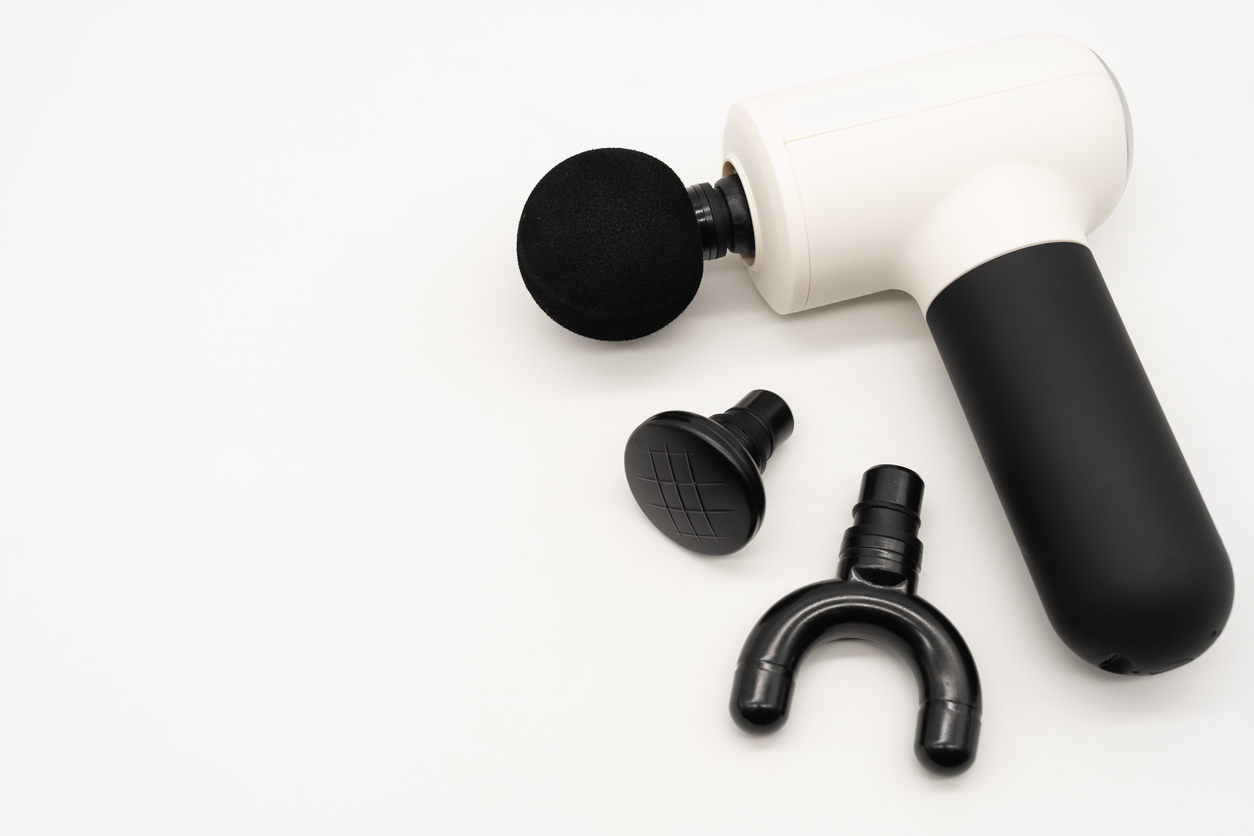How to Buy and Export Gas and Liquid Flow Measuring Instruments from Angola
How to Buy and Export Gas and Liquid Flow Measuring Instruments from Angola
Gas and liquid flow measuring instruments are used in a variety of industries to precisely measure the amount of gas or liquid flowing through a pipe. These devices come in many different designs and types depending on their purpose. They can be purchased directly from suppliers, such as those listed in this article, or through distributors or other secondary vendors. Read on to learn more about where to buy gas and liquid flow measuring instruments from Angola, what products are available, how to choose the best one for your needs, and how to place an order.
What to Look for When Buying Gas and Liquid Flow Measuring Instruments
There are a lot of different factors to consider when purchasing flow measuring instruments. These include the type of flow to be measured, the process in which the instrument is used, if it is a gas or liquid flow, the accuracy needed, the length of the pipe being measured, the required flow rate, and the desired pressure drop across the flow meter. Another important consideration is whether you require the flow measuring instrument to be on the upstream or downstream side of the process. Keep in mind that not all flow measuring instruments can be used in both areas of the process. Additionally, you’ll need to ensure the flow measuring instruments you purchase are compatible with the process media and conditions, as well as any other equipment or instrumentation being used, such as flow valves.
How to Buy
If you’ve selected a few flow meters for further consideration, you’ll want to take a closer look to determine which is the best fit for your needs. To start, you’ll want to confirm the flow meter you’re considering can be used in your industry and process conditions, if applicable. Be sure to ask if the flow meter you’re considering can be installed on the upstream or downstream side of the process. Next, confirm the flow meter you’re considering meets your accuracy requirements, if applicable. You’ll want to know the maximum allowable deviation within any given frequency or range of flow rates. If compliance or regulatory requirements are applicable, be sure to ask if the flow meter you’re considering includes any relevant compliance and/or certification marks.
Flow Meter Brands in Angola
The following flow meter manufacturers are some of the most well-known in Angola and across the globe. Be sure to check with your supplier if one of these brands is preferred for your application. – ABB – Beckman – Danaher – Emerson – Flowserve – General Electric (GE) – Honeywell – Itron – Siemens – Yokogawa
Liquid Level Measurement Instruments
Level flow meters are used to measure the level of liquids contained in tanks or vessels. They can be used to determine when a vessel needs to be refilled, when a vessel needs to be emptied, or as an indication of a potential leak. These flow meters are capable of measuring level in open vessels, vessels with a single wall, and vessels with double walls. Level flow meters have completely enclosed electrical circuitry and are available with differential or absolute pressure-based configurations. There are a few different types of level flow meters available, including dip, eddy current, induction, laser, magnetic, and ultrasound. Dip flow meters are the most common type of level flow meter. They’re used with open vessels and measure the level of liquid contained in the vessel by measuring the distance from the surface to a reed switch or movable probe inside a tube attached to the vessel wall. Eddy current level flow meters detect changes in magnetic fields to measure the level of liquid inside a vessel. This type of flow meter can be used with open or closed vessels, although closed vessels are required for measurements where there is significant noise or vibration. Induction level flow meters measure the level of liquids inside a vessel by emitting an electromagnetic field. They can be used in open or closed vessels. Laser level flow meters measure the level of liquids inside a vessel using light beams to detect vessel walls or other reflective objects or materials. They can be used in open vessels with minimum wall thickness of 6mm and can be wall-mounted or suspended. Magnetic level flow meters measure the level of liquids inside a vessel using a magnetic coupling to detect vessel walls or other magnetic materials. They can be used in open or closed vessels. Ultrasound level flow meters measure the level of liquids inside a vessel using ultrasound pulses. They can be used in open or closed vessels.
Gas Quantity Measuring Instruments
Gas flow meters are used to measure the amount of gas flowing though a line or pipeline. They can be used to measure the amount of gas being injected into a refinery, the amount of natural gas being used, or the amount of gas used in a power plant. These flow meters are available in a variety of designs and can be used in open or closed systems. Gas flow meters have completely enclosed electrical circuitry and can be configured as differential or absolute pressure-based instruments. A few different types of gas flow meters are available, including differential pressure, orifice, turbine, and magnetic. Differential pressure flow meters use pressure difference between two points in a system to measure the rate of flow. They can be used in open or closed systems. Orifice flow meters use the pressure drop across an orifice to measure the rate of flow. They can be used in open systems. Turbine flow meters use the energy produced by a gas flowing through a turbine to measure the rate of flow. They can be used in open systems. Magnetic flow meters use the amount of magnetic reluctance produced by a flow of gas to measure the rate of flow. They can be used in open systems.
Conclusion
Gas and liquid flow measuring instruments are used in a variety of industries to precisely measure the amount of gas or liquid flowing through a pipe. These devices come in many different designs and types depending on their purpose. They can be purchased directly from suppliers, such as those listed in this article, or through distributors or other secondary vendors. Before purchasing flow measuring instruments, it’s important to know what designs and types are available, as well as what each type is best suited for. Additionally, it’s important to know what considerations should be made when comparing different flow meters, such as the type of gas being measured, desired range of measurement, and more.








LEAVE A COMMENT
You must be logged in to post a comment.